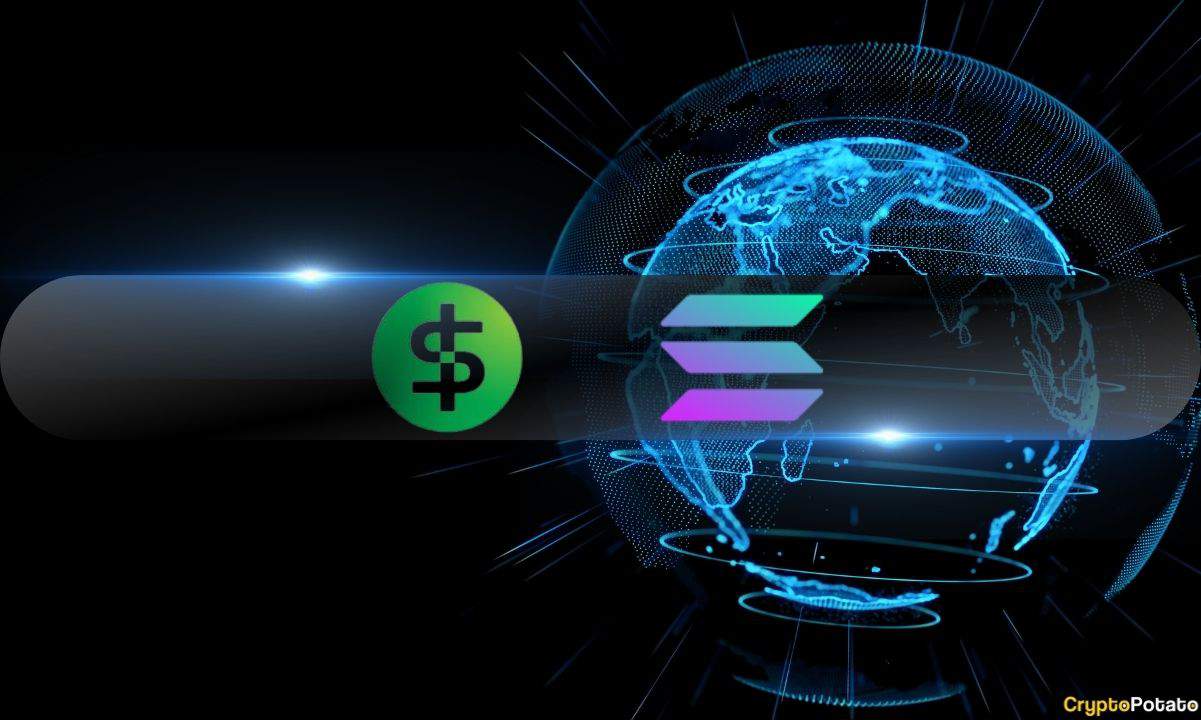The New York-based stablecoin issuer – Paxos – announced a strategic expansion of its stablecoin issuance to the Solana blockchain platform, which was previously exclusive to Ethereum. Paxos said it plans to make USDP available to the public on Solana starting January 17, 2024.
This move marks a significant milestone for Paxos in the competitive stablecoin landscape, where rivals such as Circle and Tether are also racing for market dominance.
Paxos’ Solana Expansion
Paxos obtained approval from the New York Department of Financial Services (DFS) to expand USDP from Ethereum to Solana following a thorough examination. However, the company has not disclosed the duration of the review process.
In an official statement, Walter Hessert, Paxo’s Head of Strategy, commented,
“The expansion of our stablecoin platform to support Solana marks an important step towards making stablecoins ubiquitous for everyday consumers. Paxos has set the standard for oversight, reserve management, and issuance in the stablecoin market. By integrating USDP with Solana, we’re making it easier for anyone to get and use the safest, most reliable stablecoins.”
Paxos became the first crypto firm to to secure a trust charter under the newly implemented digital asset regulatory framework by DFS in 2015. The company received DFS approval to issue its first stablecoin in 2018, dubbed ‘Paxos Standard,’ which was later rebranded to USDP three years later.
Before the latest Solana expansion, Paxos only issued USDP on Ethereum due to restrictions by the DFS. Over the years, the company has roped in major financial players.
In June, Paxos entered into a partnership with online marketplace Mercado Libre to introduce the Pax Dollar (USDP) stablecoin to users in Mexico. Transactions were set to be facilitated by MercadoPago, a digital wallet app developed by Mercado Libre.
Subsequently, in August, the multinational fintech giant PayPal launched the US dollar-denominated stablecoin, PayPal USD (PYUSD), in association with Paxos.
Regulatory Hurdles
Paxos faced regulatory scrutiny when it was disclosed in February of this year that the DFS was conducting an investigation.
Although the specific reason was not initially disclosed, it seemed to be linked to its involvement with BUSD, a stablecoin created in partnership with the crypto exchange Binance. Shortly afterward, the regulator directed Paxos to cease the issuance of the token.
This development dealt a significant blow to Paxos, given that more than 95% of its revenue was derived from this partnership.
Amidst the regulatory turbulence, a relatively new crypto exchange, EDX Markets, terminated its collaboration with Paxos, which was supposed to serve as the former’s crypto custodian.
Binance Free $100 (Exclusive): Use this link to register and receive $100 free and 10% off fees on Binance Futures first month (terms).
Credit: Source link













































